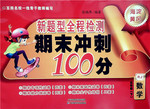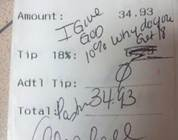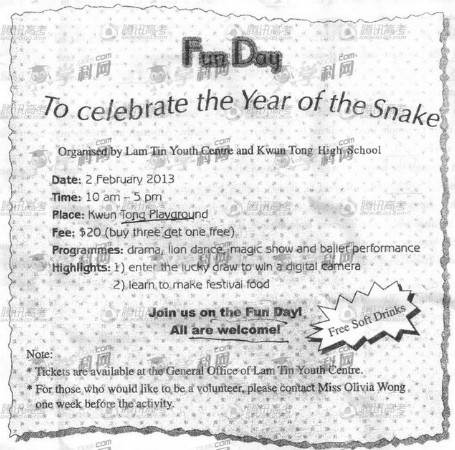


 新题型全程检测期末冲刺100分系列答案
新题型全程检测期末冲刺100分系列答案科目:高中英语 来源: 题型:阅读理解
查看答案和解析>>
科目:高中英语 来源: 题型:阅读理解

 6.29) added above a blank space for an additional tip.
6.29) added above a blank space for an additional tip. 查看答案和解析>>
科目:高中英语 来源: 题型:阅读理解

查看答案和解析>>
科目:高中英语 来源: 题型:阅读理解
查看答案和解析>>
科目:高中英语 来源: 题型:阅读理解
查看答案和解析>>
科目:高中英语 来源: 题型:阅读理解
查看答案和解析>>
科目:高中英语 来源: 题型:阅读理解
查看答案和解析>>
科目:高中英语 来源: 题型:单选题
查看答案和解析>>
湖北省互联网违法和不良信息举报平台 | 网上有害信息举报专区 | 电信诈骗举报专区 | 涉历史虚无主义有害信息举报专区 | 涉企侵权举报专区
违法和不良信息举报电话:027-86699610 举报邮箱:58377363@163.com